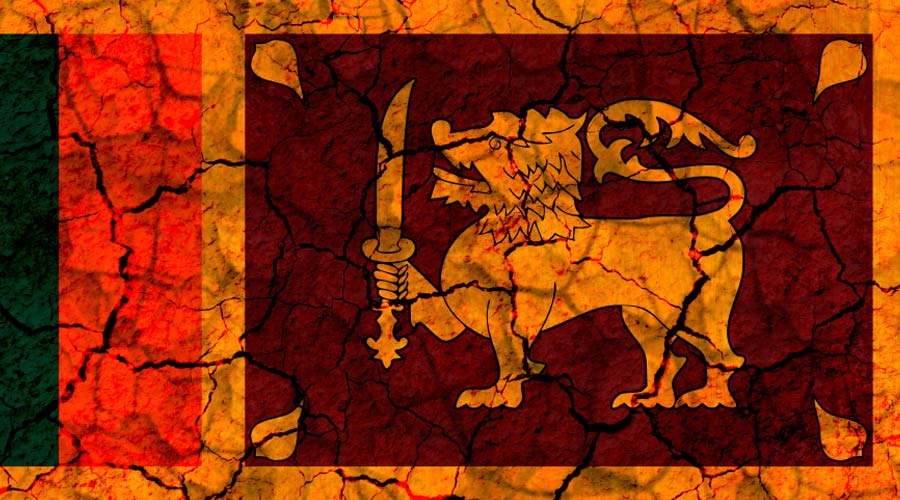Sri Lanka will be the first country in Asia to undergo a governance diagnostic exercise by the IMF which will assess corruption and governance vulnerabilities in the debt-trapped country, the global lender said on Tuesday.
The International Monetary Fund's Executive Board approved on Monday a 48-month extended arrangement under its Extended Fund Facility (EFF) with an amount of SDR 2.286 billion (about USD 3 billion) to help Sri Lanka overcome its economic crisis.
The IMF emphasised the importance of anti-corruption and governance reforms as a central pillar of the EFF-supported programme.
“We emphasise the importance of anti-corruption and governance reforms as a central pillar of the EFF-supported programme—they are indispensable to ensure the hard-won gains from the reforms benefit the Sri Lankan people," Peter Breuer, the senior IMF official responsible for Sri Lanka, told reporters.
"The authorities have committed to fundamentally improve public financial management and strengthen the anti-corruption legal framework in line with the United Nations Convention against Corruption," Breuer said.
The IMF is conducting an in-depth governance diagnostic exercise, which will assess corruption and governance vulnerabilities in Sri Lanka and provide prioritised and sequenced recommendations, he said.
Sri Lanka will be the first country in Asia to undergo a governance diagnostic exercise by the IMF, he added.
The Governance Diagnostic Assessment is intended to support continued reform and progress in establishing effective governance arrangements and the rule of law.
On IMF's bailout programme, Breuer said: “In Sri Lanka’s case the debt is not yet sustainable. But with financing assurances that have been provided it seems sustainable on a forward-looking basis." “It is now important for the Sri Lankan authorities and creditors to closely coordinate and make swift progress towards a debt treatment that restores debt sustainability under the EFF-supported programme," he said.
He added that President Ranil Wickremesinghe had committed to the official bilateral creditors' transparency and comparability of treatment for all external creditors, which should help facilitate this process.
Answering a question on the Sri Lankan government postponing local elections, Masahiro Nozaki, the IMF Sri Lanka mission chief said, “IMF does not intervene in any country’s electoral process. We have never recommended postponing local elections in Sri Lanka”.
The local body polls, which were earlier scheduled for March 9, got postponed to April 25, due to the country’s current economic crisis and the government’s position that election is not a priority for spending scarce resources.
The IMF emphasised the need for Sri Lanka’s tax revenue measures. Breuer said Sri Lanka was printing money causing high inflation.
“It is important that they close the gap between revenue and expenditure".
The revenue to GDP ratio in Sri Lanka was only 8.3 per cent in 2021, he said adding that Sri Lanka was among the countries with the lowest tax revenue collecting countries in the world.
Wickremesinghe’s government faces street protests for raising personal taxes. The president has appealed to the protesting trade unions to allow him time to consider a reversal.
“We understand the hardships faced by the people of Sri Lanka”, Breuer said.
Except for the headline, this story has not been edited by The Telegraph Online staff and has been published from a syndicated feed.










